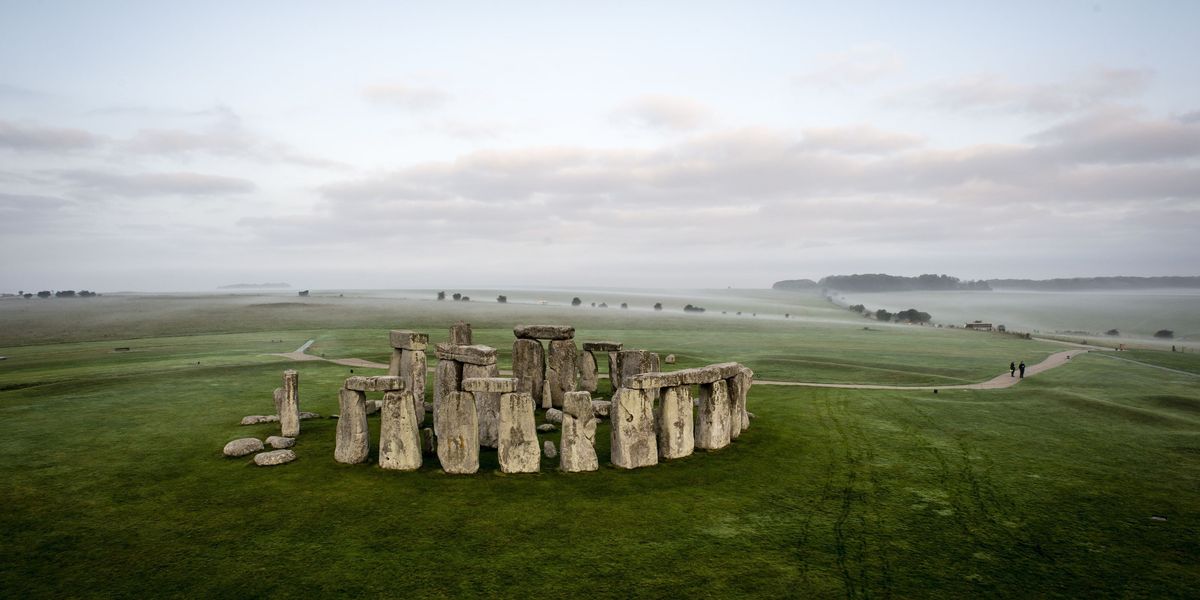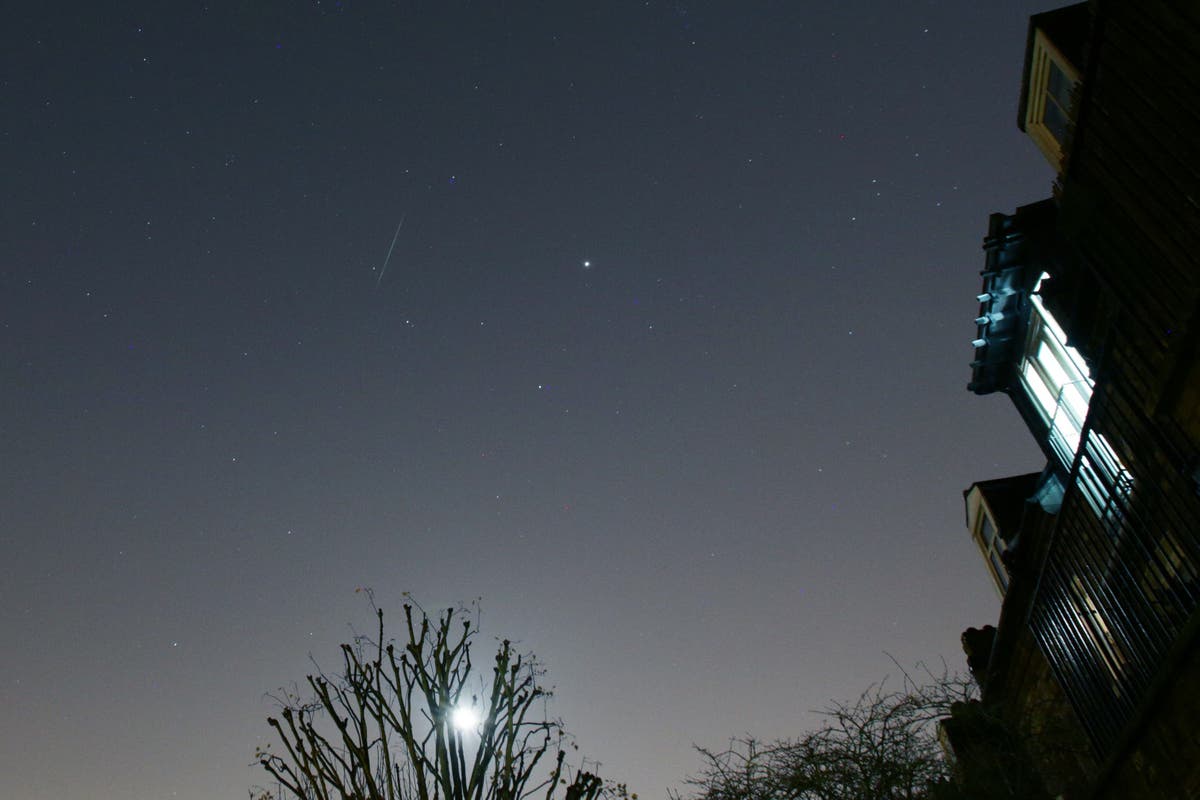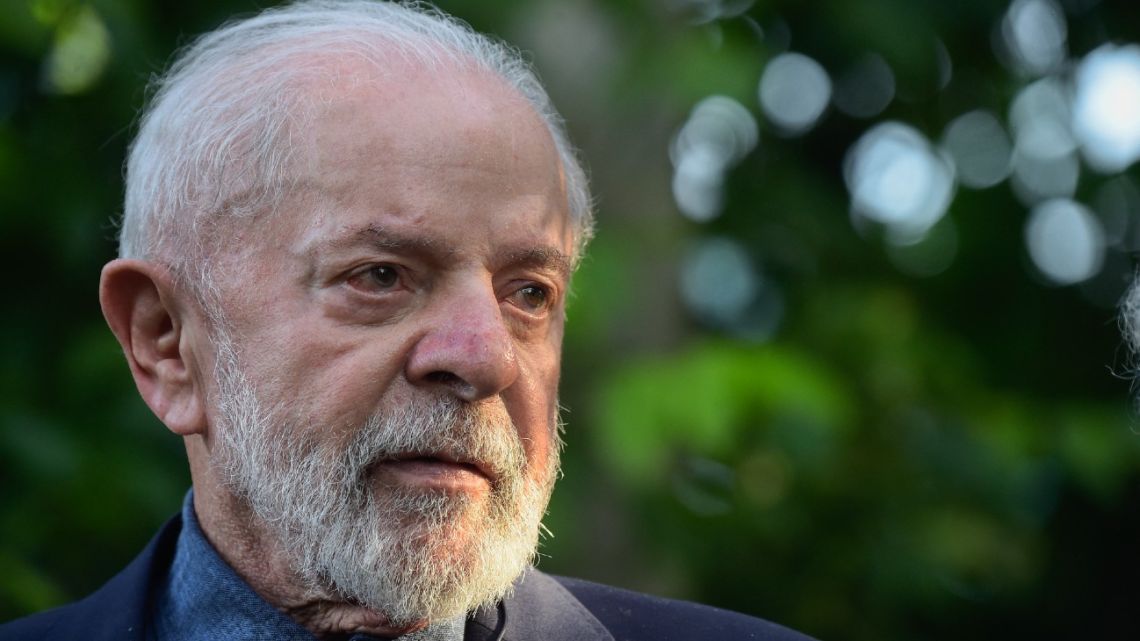The mystery behind one of the world’s most mystical wonders may have been unraveled just as it prepares to host thousands of tourists for the year’s shortest day.
Stonehenge researches have found new evidence to argue the creation of the World Heritage Site was partly used to unify the people living across Great Britain.
The prehistoric megalithic structure located about 85 miles southeast of London in Wiltshire, England, is believed to have been a unifying project between ancient civilizations.
People from the Neolithic era may have reconstructed part of the stone circle between 2620 to 2480 BC to unite ancient Britons as new European settlers began to inhabit the British Isles, according to CNN, citing a paper published in Archaeology International.
The World Heritage Site, which features a variety of stones from different regions of Great Britain.
Exact dates and timelines are unknown but it is believed construction may have begun on the Salisbury Plains plot as far back as 3000 BC — spanning across several phases.
The original formations were thought to have been built with sarsens of bluestones from the Preseli Hills in western Wales, a 180-mile trip before a second import of stones came from the closer West Woods only 15 miles away.
The biggest clue for the new unification theory comes from new details about the Altar Stone – a massive bluestone placed inside the inner circle.
Researchers at the University of London and Aberystwyth University in Wales believe the 13,227-pound was dragged nearly 500 miles from its original location in Scotland to its resting place in England.
Because the invention of the wheel had not yet reached the British Isles as the gianormous stone was being moved a large, collaborative operation between thousands of people must’ve taken place, the study posits.
“They would have taken significant coordination across Britain — people were literally pulling together — in a time before telephones and email to organize such an effort,” UCL’s Institute of Archaeology professor Mike Parker Pearson said, according to CNN.
The Altar Stone is similar to other large stones of relative size and placement found among stone circles in northeast Scotland.
“Moreover, if you look at the layouts of some of the houses at Durrington Walls near Stonehenge, there’s a striking similarity in their architecture to those found far north in the Orkney Islands, but rarely anywhere in between,” Parker Pearson added.
Stonehenge’s similarities to the nearly thousands of other ancient stone circles discovered around Britain could help historians depict a more connected relationship between the civilizations of the island.
“These new insights have significantly expanded our understanding as to what the original purpose of Stonehenge might have been,” Parker Pearson said. “It shows that this site on Salisbury Plain was important to the people not just living nearby, but across Britain, so much so that they brought massive monoliths across sometimes hundreds of miles to this one location.”
Despite the true use of Stonehenge being unknown, over half of the Neolithic people buried near the site did not originate from the area, signifying the importance of the formation to the people across the land.
“The fact that all of its stones originated from distant regions, making it unique among over 900 stone circles in Britain, suggests that the stone circle may have had a political as well as a religious purpose — as a monument of unification for the peoples of Britain, celebrating their eternal links with their ancestors and the cosmos,” Parker Pearson said.
Although its purpose has yet to be fully understood, Stonehenge still attracts thousands of visitors a year on the winter solstice (Dec. 21) for fascinated eyes and historians to watch the first rays of sunrise shine through the holes of the trilithons.

 By New York Post (World News) | Created at 2024-12-20 07:30:07 | Updated at 2024-12-20 14:20:46
6 hours ago
By New York Post (World News) | Created at 2024-12-20 07:30:07 | Updated at 2024-12-20 14:20:46
6 hours ago








